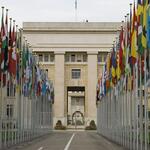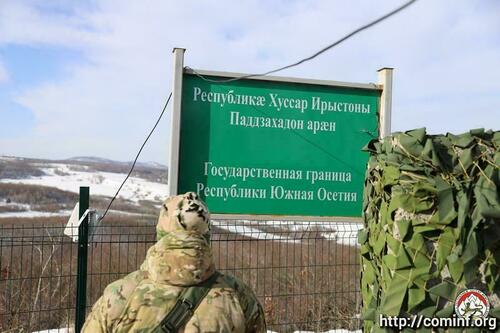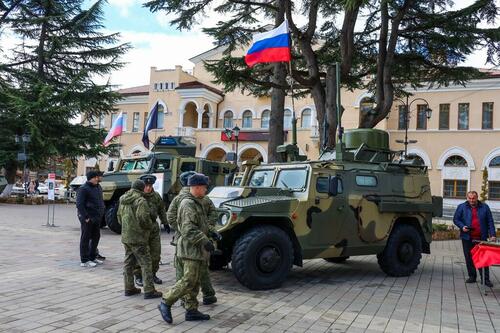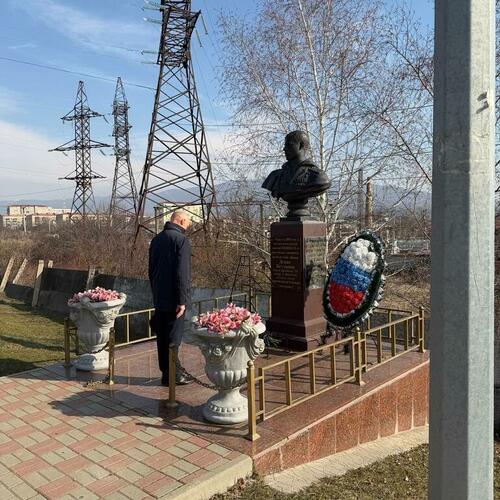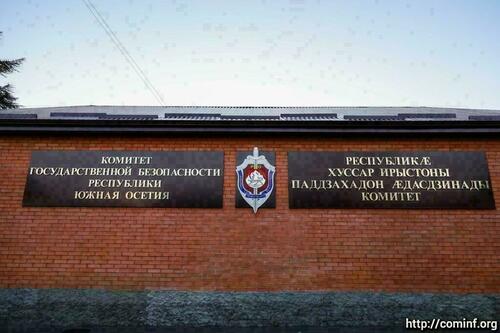Effective security requires Georgia to sign a legally binding document on guarantees of non-use of force against South Ossetia and Abkhazia.
This is stated in the press release of the South Ossetian delegation to the media on the 64th round of the International Discussions on Security and Stability in Transcaucasia.
On June 25-26, 2025, the 64th round of the International Discussions on Security and Stability in Transcaucasia was held in Geneva, in accordance with the Medvedev-Sarkozy agreements of August 12 and September 8, 2008. The meeting was attended by delegations of the Republic of South Ossetia, the Republic of Abkhazia, Georgia, the Russian Federation and the United States, the EU, UN and OSCE co-chairs.
The South Ossetian delegation was headed by State Advisor to President Konstantin Kochiev.
During the round, a thorough exchange of views took place on the issues of security and stability in the areas adjacent to the borders between South Ossetia and Georgia, as well as between Abkhazia and Georgia.
The participants noted the commitment of all the parties to continue working in the format of the Geneva discussions.
The security situation on the state border between South Ossetia and Georgia was assessed as relatively stable.
During the discussion, a positive assessment was given to the activities of the Incident Prevention and Response Mechanism (IPRM) as the important factor in ensuring stability and security in the South Ossetian-Georgian border area. The effective work of the hotline within the IPRM was also noted.
The South Ossetian and Russian representatives once again called on the Georgian party to launch the joint work on delimitation and subsequent demarcation of the state border between the Republic of South Ossetia and Georgia, as the important factor in reducing the risk of border incidents and destabilization.
The detailed discussion on humanitarian issues continued at the meeting, with priority attention paid to the fate of the missing citizens of South Ossetia. The South Ossetian delegation stated the need to significantly intensify thenwork to clarify the fate of the missing and called on the Georgian party to take practical steps to resolve this problem.
The most serious attention was once again drawn to the ongoing gross violations by Georgia of the rights of the Ossetians – the natives of the Kazbegi region (Tyrsygom), who had been denied access to their ancestral places by the Georgian authorities for many years.
In connection with the fact that Georgia once again submitted a resolution on refugee issues to the UN General Assembly, the South Ossetian and Abkhaz delegations considered it impossible to discuss this issue within the framework of discussions on security and stability in Transcaucasia.
A joint statement issued by the South Ossetian and Abkhaz participants at the meetings of the both working groups noted that resuming the discussion of the refugee issue would only be possible if Georgia renounced the artificial politicization of this problem and stopped the practice of discussing problems behind the backs of other states interested in resolving them.
The information session on freedom of movement and external mobility was held on the eve of the 64th round of discussions.
The exchange of views on a number of other humanitarian issues also took place.
The next meeting of the International Geneva Discussions is scheduled for late 2025.
